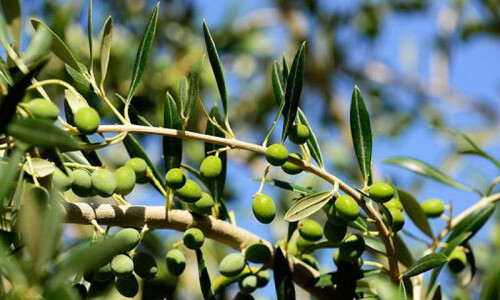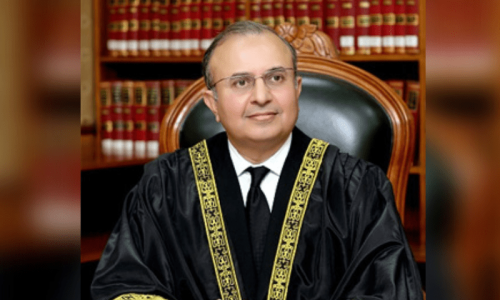RIYADH, May 24: Annual inflation in the world’s top oil exporter Saudi Arabia rose to 10.5 per cent in April, its highest level in at least 27 years, fuelled mainly by rents and food prices.
Inflation is a challenge across the Gulf Arab region, where governments which peg their currencies to the ailing dollar are raising wages and subsidies, bringing in price controls and tightening lending curbs to dampen the impact of price rises.
In Saudi Arabia, the cost of living index rose to 115.2 points in April from 104.3 points a year earlier, Economy and Planning Ministry’s statistics unit said on Saturday.
The index however clocked its weakest monthly rise this year, adding 0.9 per cent from March. Annual inflation, as measured by the index, was 9.6 per cent in March.
“Inflation is not on an abating pattern despite a decline in money supply growth. It has more to do with rents and food than with money supply,” said John Sfakianakis, chief economist at SABB bank, HSBC’s affiliate in Saudi Arabia.
Money supply growth, however, eased to 23.04 per cent in March from 26.2 per cent in February.
The indicator has been accelerating and reached an at least 14-year high in February, a trend that has prompted the central bank to raise bank reserve requirements three times since November to 12 per cent from 7 per cent.
April rents soared 20.4 per cent from a year ago, while food and beverages costs added 16 per cent, according to the data.
“Rents inflationary pressures are continuing to rise. It is an issue that has to be addressed in terms of both supply and demand for housing and commercial space and of the real estate speculation,” Sfakianakis added.
Subsidies targeted to help lower income Saudis, state employee cost-of-living allowances and lower import levies on various food items are among measures Saudi Arabia has introduced to tackle inflation this year.
“Food subsidies have not kicked in yet. The global rise in food prices had a major impact on Saudi prices. The prices of staples have risen 40 percent this year,” Sfakianakis said.
Food prices account for about 26 percent of the cost of living index while rents account for 18 percent of the index.
Price rises are plaguing the world’s biggest oil-exporting region, where economies are surging on a near sevenfold increase in oil prices during the last six years.
Finance Minister Ibrahim al-Assaf said this month that the kingdom was having some success with efforts to curb public sending but acceleration in rents and food costs continue to pose risks.—Reuters












































Dear visitor, the comments section is undergoing an overhaul and will return soon.